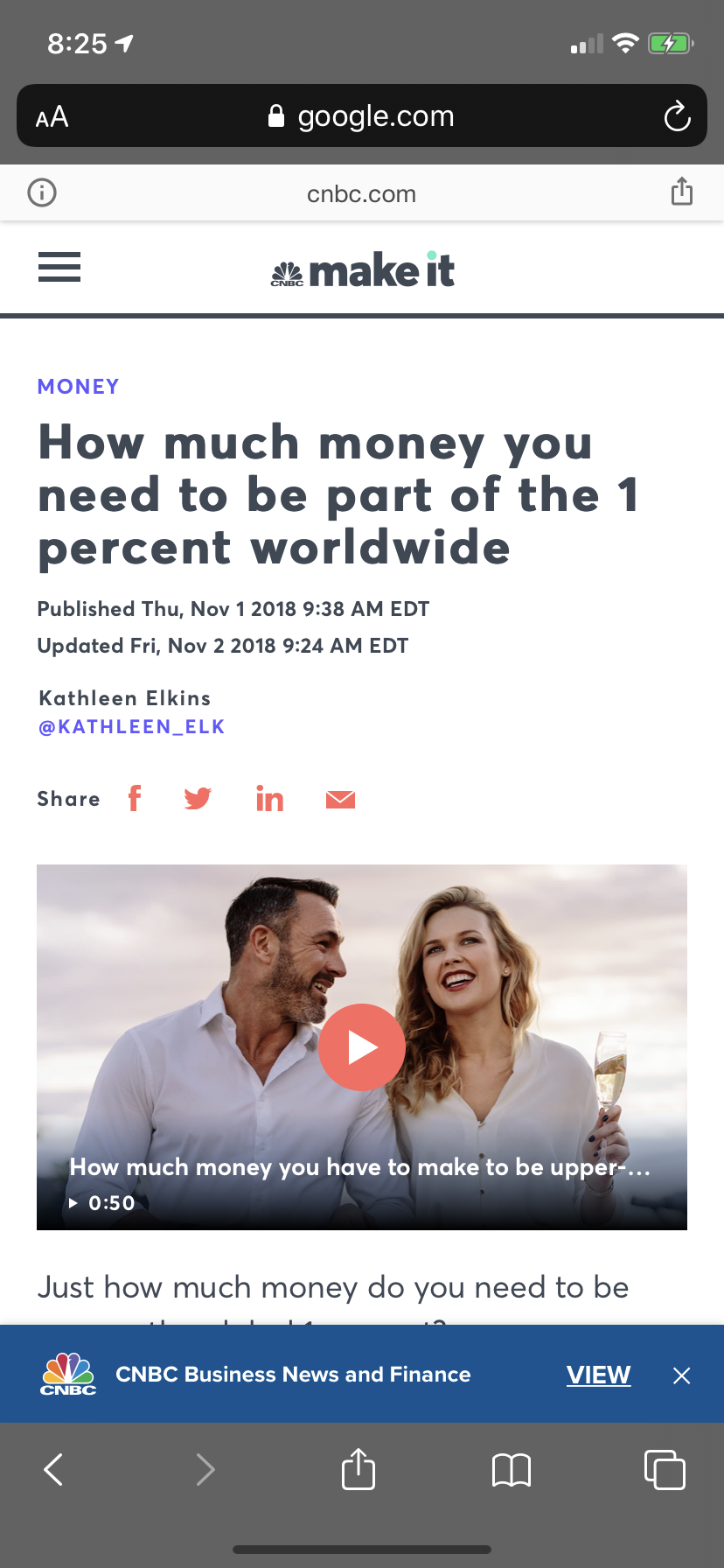Jeff Bezos, Bill Gates, Warren Buffet and Mark Zuckerberg. When many people hear the phrase, “the richest one percent,” these names commonly spring to mind. However, while it is a monumental feat for any one individual to accumulate as much wealth as the aforementioned individuals have, is it moral?
According to inequality.org, the richest one percent in the United States possesses approximately 42 percent of national wealth. Of course, these individuals can be accredited for revolutionary ideas and businesses including Amazon, Windows software processor, Berkshire Hathaway shareholding firm and Facebook. However, when one looks even farther into the morality of it all, shortcomings are difficult to ignore.
First, for an individual to gain access to being part of the top one percent, he or she would have to make an annual minimum of $515,371. For many, the physicality of this number is difficult to grasp, especially when the annual average income is estimated at $41,740 according to investopedia.com.
The world’s ten richest billionaires share a combined wealth totaling a whopping $745 billion according to inequality.org; that’s an average of $74.5 billion. In layman’s terms, there is honestly no feasibly rational reason a single individual should hold claim to that much money when there are individuals struggling to make ends meet.
According to forbes.com, 78 percent of workers live paycheck to paycheck. Meanwhile, ten individuals lay claim to billions of dollars. Obviously, something does not add up in this situation, and the wage gap is becoming an ever-growing problem many individuals have grown numb to. In the United States, an overwhelming amount of Americans state that minimum wage simply is not enough to simply survive.
A solution to getting out of a job that only pays minimum wage would be to go to college and receive a degree; however, this leads to even more crippling debt that the individuals in a minimum wage job were already facing. Of course, the richest one percent cannot be forgotten about, nor can the opportunities they were given; however, these opportunities are not equally presented for everyone, making the abyssal wage gap completely immoral for the many citizens who continually struggle to get and stay out of debt, let alone feel financially secure.
by Jordan Butler


